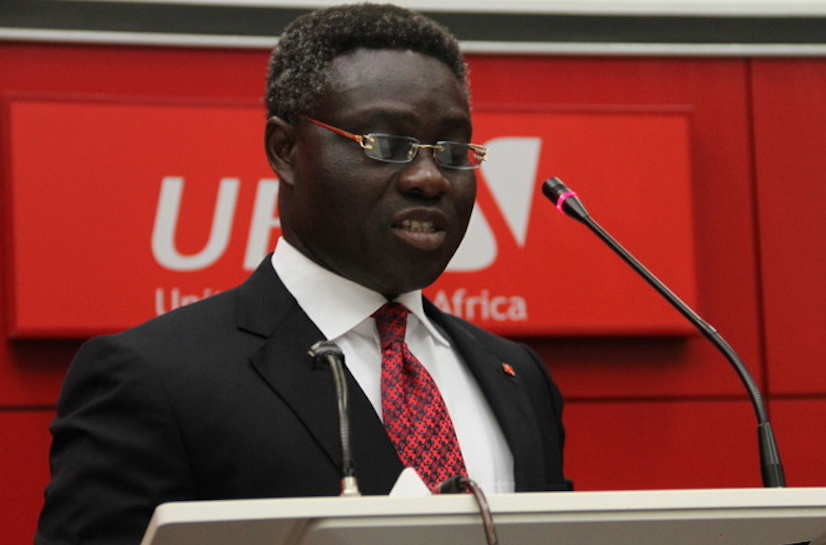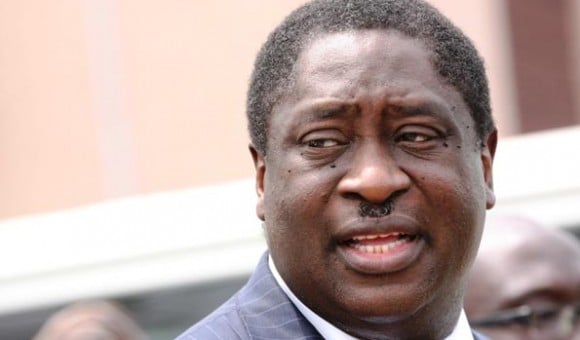Nigeria’s crude oil output dropped by about 64,000 barrels per day (bpd) to 1.89 million bpd in February 2015, from its January output of 1.96 million bpd.
This was revealed in the monthly oil market report released by the Organisation of Petroleum Exporting Countries (OPEC).
Despite the drop, Nigeria maintained its position as Africa’s number one oil producer in February followed by Angola and Algeria with an output of 1.75 million bpd and 1.11 million bpd respectively.
Total OPEC crude oil production averaged 30.02 million bpd in February, a decrease of 0.14 million bp from the previous month.
Advertisement
“Crude oil output decreased mostly from Iraq, Nigeria and Libya, while production showed increases in Saudi Arabia and Kuwait. OPEC crude oil production, not including Iraq, stood at 26.70 million bpd in February, down by 0.06 million bpd from the previous month,” the report said.
According to the report, global oil supply decreased by 0.06 million bpd to average 93.57 million bpd in February 2015, compared with the previous month. The share of OPEC crude oil in total global production also decreased slightly to 32.1 percent in February, compared with the previous month.
The drop in production and loss of revenue, due to lower oil prices, has led to a shortfall in joint venture funding, prompting the oil and gas sector to seek fresh funding strategy with the federal government to bridge the gap on the existing projects.
Advertisement
According to Osagie Okunbor, managing director of Shell Petroleum Development Company (SPDC), Nigeria, the operators and government needed to negotiate, as most of the projects for 2015 had been agreed on before the drop in oil price.
Speaking at the Nigeria Oil and Gas (NOG) conference in Abuja, Okunbor called for a review of projects to avoid more cost or uncompleted projects.
“With all the uncertainties around, this is hardly the time for parties on the government and industry sides to be doing things differently. We need to come together and agree on priorities we have,” he said.
“We all have a programme that we have agreed for 2015; most of that essentially started before this radical drop in prices. So, both sides need to sit together and say what is the impact of this or what do we sensibly do, going forward, such that we don’t get into the business of stopping projects half-way and we end up incurring more cost.
Advertisement
“That will ensure that we achieve the best we can under the difficult circumstances without panicking or taking irrational decisions. If the basic issue of tenure of oil licenses and renewals is not resolved, no shareholder will agree to commit investment, especially at this period of lower oil prices.”
Add a comment






